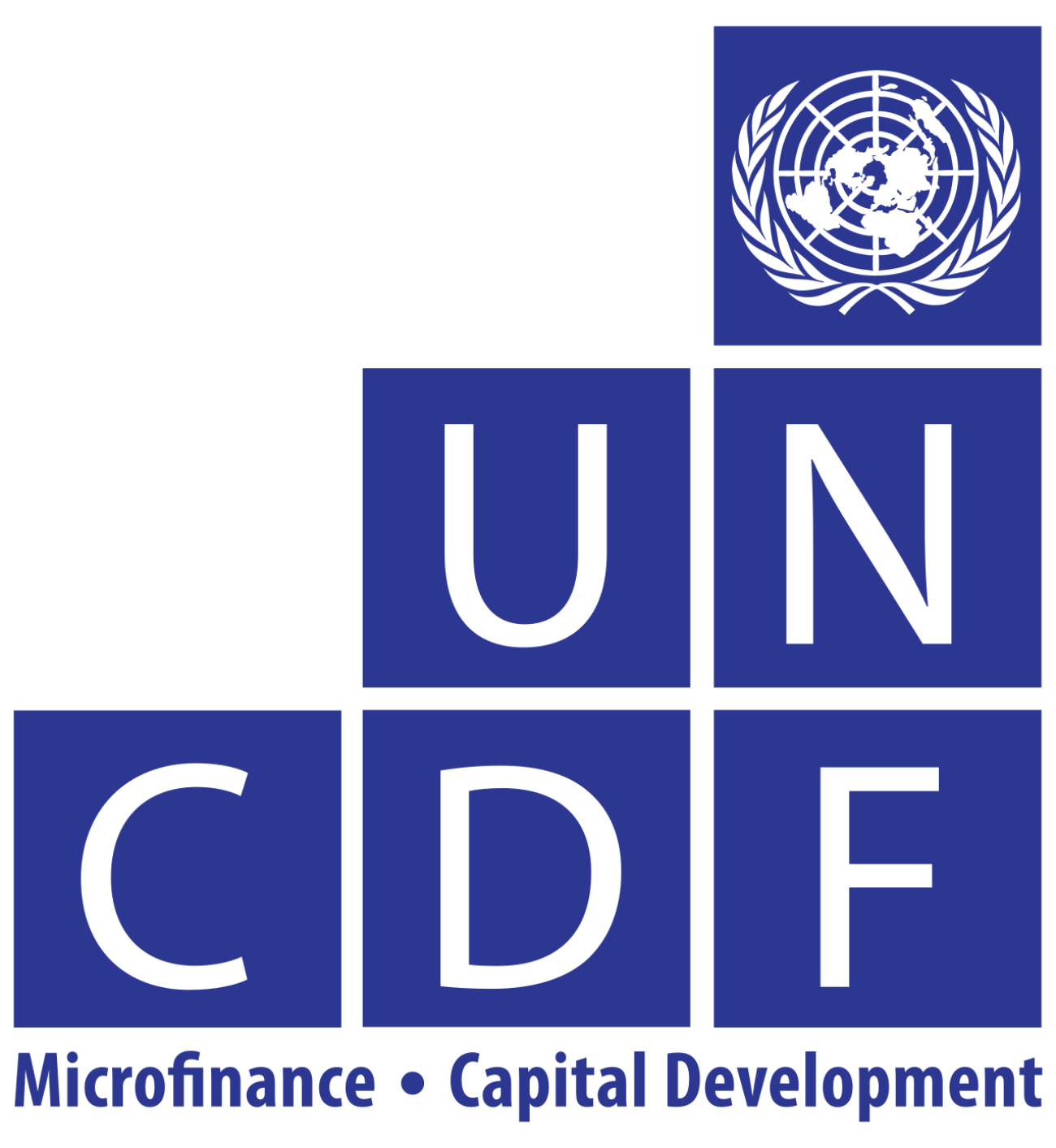Building peace through localizing finance: The case of Somalia

UNCDF in 2011 introduced a Local Development Fund in Somalia as part of the UN Joint Programme on Local Governance and Decentralized Service Delivery.
Somalia has suffered from instability and insecurity for over two decades. To address the fiduciary risks of providing financial support to local governments in this challenging context, UNCDF in 2011 introduced a Local Development Fund in Somalia as part of the UN Joint Programme on Local Governance and Decentralized Service Delivery.
The Fund’s objectives include strengthening the peace and reconciliation process by engaging the central government and various communities and clans in planning and implementation of local development and service delivery projects.
“The Fund has created transparency and accountability at the local level through orderly planning, procurement and reporting. We have noticed that district administrations have started applying Fund procedures to projects funded from other sources, including own revenues,” said Abdisamad Omar Mal, Director-General at the Somaliland Ministry of Interior.
The performance of the Fund has caught attention of the other donors, such as the World Bank, which has selected it as a mechanism for disbursing about US$ 4 million for infrastructure development at the local level. Overall, the Fund has been used to implement a variety of projects totaling some US$ 8.5 million.
The low budget-high impact US$ 19,000 Hingood gravel road project in Gardo district in Puntland has improved living conditions for 7,000 village inhabitants of the Upper Hingood village. Before, the community inhabitants could barely cross from one side of the village to the other, and access to main towns and other faculties - like water points, schools and health centres - was limited.
This negatively impacted on economic activities in the area, and prevented security and emergency government agencies from responding quickly to community needs. In a sign of new economic activity, the private sector has introduced water tankers which distribute water cheaply.
This project also had two important consequences for peacebuilding. It strengthened the connection between the central government and local communities; the central government provided technical expertise and co-funding. It also engaged two clans with somewhat strained relations to work together, as the road runs through both their territories. This has resulted in improved relations and a more secure environment in the area.


